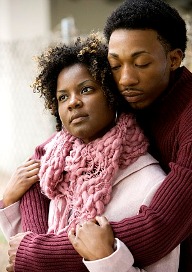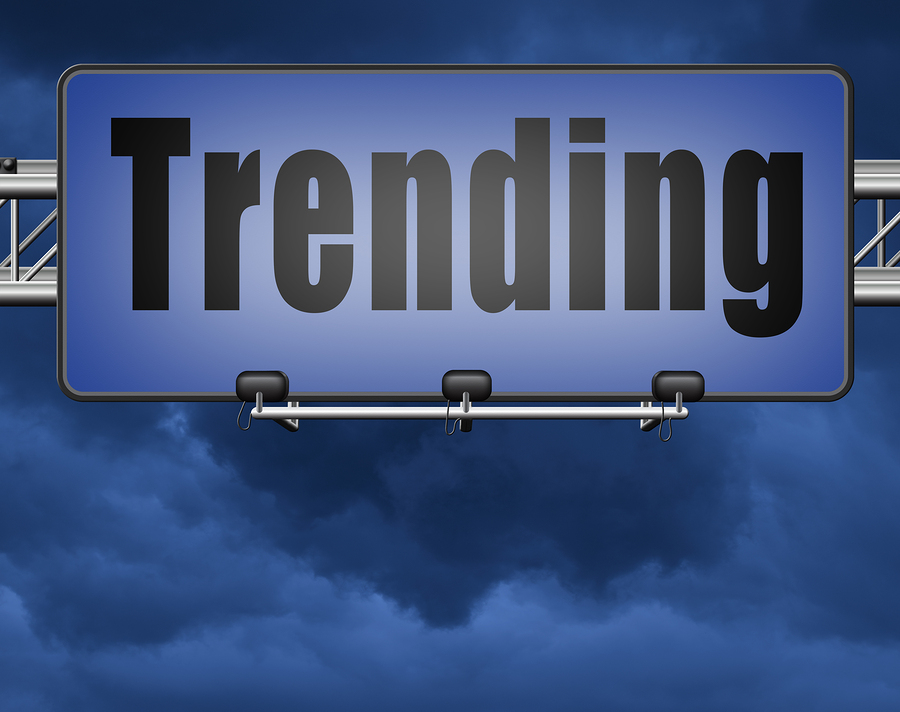As many childfree and parents know, there is an art to friendships where one person has children and the other does not-by choice. These friendships all too often have their challenges. But what about friendships in which one person is having no problem having kids, and the other ……person does not have kids, definitely not by choice? The article, “Consumed by Baby Envy: The New Social Divide,” sure paints a challenging picture when it comes to fertility jealousy.
According to Norah Harding, an infertility counselor, those who are having trouble conceiving experience multi-layered emotions when it comes to their friends who are pregnant or who have children. They “often find their jealousy is compounded by guilt.” A woman can often “feel like such an awful person,” because she doesn’t understand how she can “feel mean” towards someone who’s having a baby, but she does.
And “On top of feeling envy and a sense of failure as a woman, you can feel doubly bad because you’ve also become a bitter person,” says Harding.
She also indicates that surveys show that “women say infertility is the worst thing that has ever happened to them, even when compared to the death of a loved one.”
Not being able to have one’s own biological baby is worse than the death of a loved one? When I read that, it stopped me in my tracks. Now I can see that it could be hard to watch someone else have something you want to have, but feel so badly about it that it’s worse than say your spouse/partner/mate had died??
What is underneath these intense negative feelings? Believing pronatalist dogma that says if you can’t have your own biological children, then something must be very wrong with you. And the dogma that says adoption is a distant second to being able to have your own children.
Pronatalist beliefs like these are so strong that people not only let them ruin their friendships, but deeply affect how they feel about themselves. If our belief system did not put biological parents on such a pedestal, people and their friendships would not face these kind of emotional challenges.
Fertility jealousy is but one example of how pronatalism unnecessarily puts a toll on too many people and their relationships. When will more people see that it is a system of beliefs that some real re-thinking? If having children, not having them by choice and not were seen equally, friendships would not have to be put to the test because one was seen as “better” or more accepted than the other. It would encourage support for one’s friends, not distance, judgment, resentment, or jealousy, leading to friendship ruin.
What do you see out there when it comes to fertility jealousy?
Do you think it puts a harder toll on friendships than parent/childfree friendships?






Okay, so this question is several steps removed from my own experience, but hey that never stopped me from expressing a opinion before….
I don’t think the two people in this situation will ever fully understand the other person’s experience, but that’s not the end of the world. It sounds like something that clear communication, a bit of empathy, and real listening skills would work wonders on.
I imagine where such a relationship really derails is when one tells the other “don’t feel that way” or “you don’t know how lucky you are.” That’s what really throws sand in the gears. A little bit of putting yourself in the other’s shoes, without smothering the other with pity, is very important.
Sensitive New Age Guy to the rescue….
P.S. In the face of fertility envy, a lot of mothers I know would say ‘be careful what you wish for, honey….’
P.P.S. Sorry, I had a lot more to say than I originally thought.
I worry that fertility envy (and I’m sure some men feel that envy too in some ways) will be confused in the public mind with the crushing bitterness that childfree people supposedly feel. Or people will see this and once again conflate being childfree and childless. “No children = bitter, hateful envy” will continue to be the stereotype thanks to this.
Don’t forget that this is what the _Daily Mail_ is generally like. Its editorial policy is very pronatalist, women should be homemakers, all women are crazy with the need to get pregnant, careers ruin women’s lives, etc. Please, fellow Americans, don’t assume that because something is British that it’s more professional, more objective, more intelligent, etc. They have their own warped media across the pond.
You go, Scott. Yes, the Daily Mail does have the slant you describe, but the public, everywhere eats it up…
A friend of mine wants to have a child (she is in her early thirties and has been trying for well over a year) and is hugely jealous of another of our friends that just accidentally got pregnant. There is animosity now as my childless friend has more than once semi-jokingly asked if she could keep the child. It has made their relationship a bit strained.
I try to stay out of the matter as I am happily childfree, but it has created an uncomfortable situation.
The Roman philosopher said that anger stems from optimism.
I think fertility jealousy is symptomatic of an overly optimistic society. Optimism is compulsory. Positive thinking and all that. The negative side is reality because at the end of the day positive thinking is delusional. Collectively society has developed an entitlement complex. We can have anything we want. It’s ours if you want it. Narcissism is encouraged by therapists and carpet baggers peddling motivation and success.
The Roman philosopher in question was Senica.
I am a fencesitter, but when my dr told me I possibly couldn’t have kids (severe endo) I FLIPPED.
All along I had thought not having kids was my choice, but it really wasn’t? I wasn’t in control of my own life? This isn’t a choice, its an actuality? AHHHHH!!
Now, as my husband and I haven’t actually decided yet, and before we were married we both decided that the ability to have our own biological kids would never limit us if we truely want kids, this hasn’t come into play yet. And after a few weeks I did calm down and realize I still had choices and still was in control of my own life. It has faded in to one of those “we’ll cross that bridge when/if we get there” things. But I get the panic and the helplessness.
Can’t come close to believing it is worse than losing a loved one though.
Rache, Thanks for writing. Interestingly, your experience can work the other way too. I have talked with some childfree women who upon going into menopause, lament that the choice to have children is now going away, at least biologically speaking. Even if they don’t want children, they can struggle with the fact that a choice is being taken away.